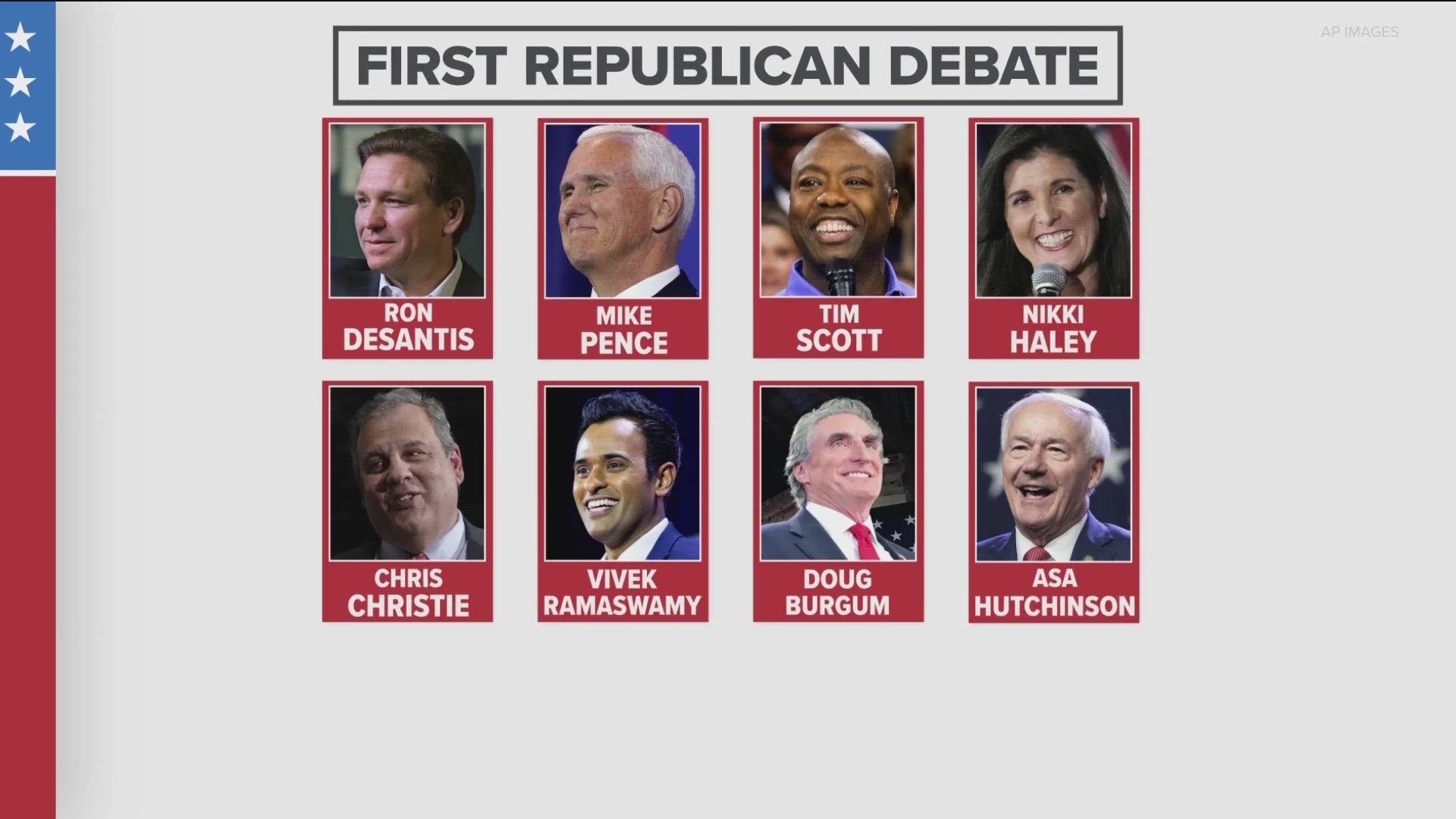Historical Context and Evolution

Presidential debates have become a cornerstone of American democracy, offering voters a direct glimpse into the candidates’ policies, personalities, and qualifications. The evolution of these debates reflects the changing political landscape, the influence of media, and the evolving expectations of the electorate.
Early Debates and the Rise of Television
The first televised presidential debate took place in 1960 between John F. Kennedy and Richard Nixon. This event marked a turning point in political communication, as television brought the candidates directly into the living rooms of millions of Americans. The impact of this first televised debate was significant, with many observers believing that Kennedy’s charisma and stage presence gave him an advantage over Nixon.
Debate Format and Structure: Presidential Debates

Presidential debates are a cornerstone of American democracy, providing a platform for candidates to present their views and engage in direct dialogue with each other. The format and structure of these debates have evolved over time, reflecting changing political dynamics and technological advancements.
Presidential debates – The modern presidential debate typically involves a series of rounds, each focused on a specific topic or issue. The candidates take turns responding to questions posed by a moderator, who guides the discussion and ensures fairness. The format can vary, with some debates featuring a town hall format where questions are submitted by the audience, while others employ a more structured approach with predetermined topics and time limits.
Different Debate Formats, Presidential debates
Historically, presidential debates have experimented with various formats. Here are some examples:
- Fireside Chats: Popularized by President Franklin D. Roosevelt during the Great Depression, these informal radio addresses allowed the president to connect directly with the public. While not technically debates, they offered a platform for direct communication and provided a model for future televised debates.
- Single-Moderator Debates: These debates featured a single moderator who controlled the flow of the discussion, posing questions to the candidates and managing the time allotted to each response. This format, while ensuring a focused dialogue, could sometimes lead to the moderator dominating the conversation.
- Panel Debates: These debates involved a panel of experts or journalists who posed questions to the candidates. This format offered a wider range of perspectives and allowed for in-depth analysis of the issues. However, it could also lead to a fragmented discussion and make it challenging for the candidates to present their own cohesive narratives.
The Role of Moderators
The role of the moderator is crucial in ensuring a fair and informative debate. They are responsible for:
- Setting the Agenda: Moderators determine the topics to be discussed, ensuring that the debate covers a range of important issues.
- Posing Questions: Moderators ask questions that are relevant, probing, and designed to elicit insightful responses from the candidates.
- Maintaining Time Limits: Moderators enforce time limits to ensure that all candidates have an equal opportunity to speak and that the debate stays on schedule.
- Enforcing Rules: Moderators establish and enforce clear rules of conduct, ensuring that the debate remains civil and respectful.
Importance of Clear Rules and Guidelines
Establishing clear rules and guidelines is essential for a successful debate. These rules should address:
- Time Limits: The amount of time allotted to each candidate for their opening statements, responses to questions, and closing remarks.
- Format: The structure of the debate, including the number of rounds, topics to be discussed, and the format of questions.
- Audience Participation: The extent to which the audience will be involved, such as through questions or applause.
- Candidate Conduct: Acceptable behavior for the candidates, including limits on interruptions and personal attacks.
Presidential debates are crucial moments for voters to assess the candidates’ policies, personalities, and ability to lead. These events often shape public opinion and can significantly influence the outcome of an election. The abc presidential debate time is particularly important, as it provides a platform for the candidates to address a wide audience and demonstrate their understanding of key issues facing the nation.
Ultimately, presidential debates serve as a valuable tool for informed decision-making in a democratic society.
Presidential debates can be intense, filled with heated exchanges and strong opinions. It’s important to remember that these events can be stressful, both for the candidates and the viewers. Sometimes, even the most well-prepared individuals need a break, much like the situation with ground stop nyc airports , where safety and security are paramount.
Similarly, stepping back from the intensity of a debate can help us process the information and make informed decisions about our future.
